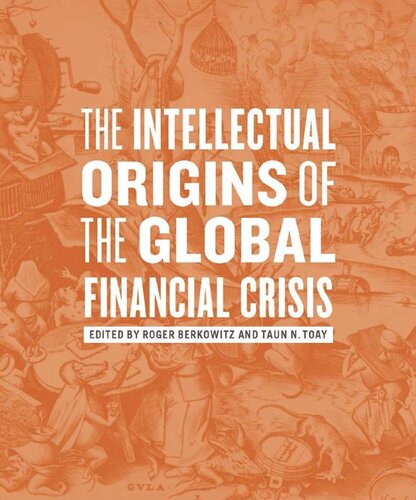

Most ebook files are in PDF format, so you can easily read them using various software such as Foxit Reader or directly on the Google Chrome browser.
Some ebook files are released by publishers in other formats such as .awz, .mobi, .epub, .fb2, etc. You may need to install specific software to read these formats on mobile/PC, such as Calibre.
Please read the tutorial at this link: https://ebookbell.com/faq
We offer FREE conversion to the popular formats you request; however, this may take some time. Therefore, right after payment, please email us, and we will try to provide the service as quickly as possible.
For some exceptional file formats or broken links (if any), please refrain from opening any disputes. Instead, email us first, and we will try to assist within a maximum of 6 hours.
EbookBell Team

5.0
48 reviewsThis volume collects the views of philosophers, economists, businessmen, and public intellectuals who, following Hannah Arendt’s approach, suggest that the financial crisis has its roots in the transformed relation of politics and economics. In short, as politics is made subservient to economics, we have subverted the political and ethical boundaries that traditionally limit economic decisions. By reaching beyond “how” the crisis happened to “why” the crisis happened, the authors re-imagine the recent financial crisis and thus provide fresh thinking about how to respond.